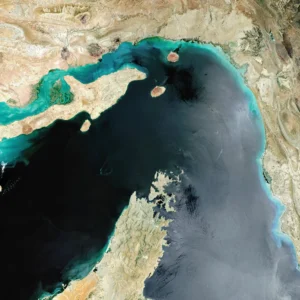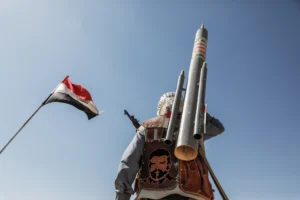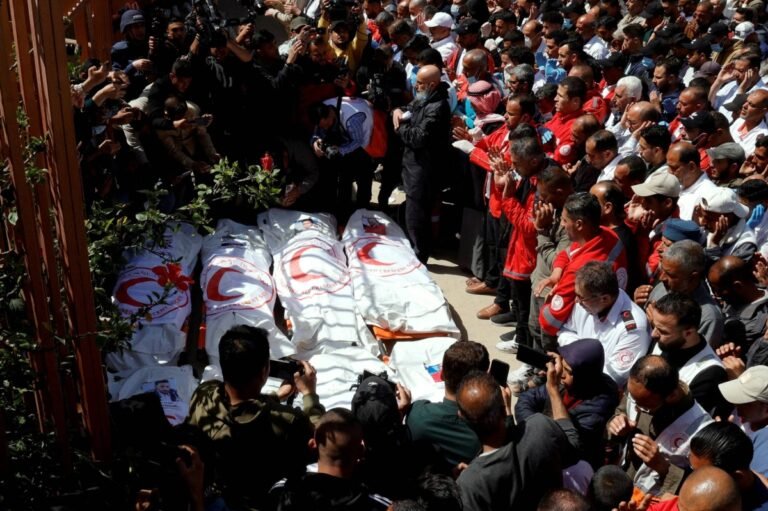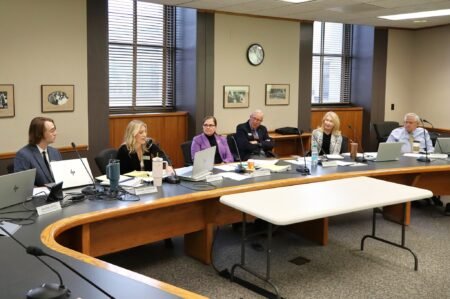The Israeli military has admitted to a series of “professional failures” in a March 23 incident that led to the deaths of 15 emergency workers in southern Gaza. These responders, including paramedics and fire crews, were killed near Rafah in three separate shootings. A senior officer will be dismissed, and another will face reprimand for the mishandling of the deadly event. The findings were shared publicly on Sunday after an internal review by Israel Defense Forces (IDF), with criminal charges still under consideration.
IDF Acknowledges Multiple Failures
According to the IDF, the incident happened during active combat. Soldiers from a special forces unit mistakenly fired on clearly marked emergency vehicles, including ambulances and fire trucks. The review concluded that troops believed they were under threat and misidentified the vehicles as part of a Hamas operation.
“The review identified several professional failures, breaches of orders, and a failure to fully report the incident,” the military said in a statement. A deputy commander, who served as the field commander, gave an “incomplete and inaccurate” report and will be dismissed. Another officer will face disciplinary action.
Paramedics Killed While Responding to Airstrike
The 15 emergency responders were reportedly attending to injuries following Israeli airstrikes in Rafah, near Gaza’s southern border. The responders were part of the Palestinian Red Crescent, Gaza’s Civil Emergency Service, and the United Nations.
According to Red Crescent and U.N. reports, the team was ambushed and buried in a shallow grave. Their bodies were discovered a week later by humanitarian workers. A video retrieved from one victim’s phone, published by the Palestinian Red Crescent, showed ambulances and fire trucks with flashing lights coming under heavy fire.
Drone Footage and Timeline of Events
The IDF provided drone footage during a briefing. The video showed about 20 Israeli soldiers opening fire from 30 meters away on fire trucks and ambulances. Major General Yoav Har-Even, who led the internal review, said soldiers acted under the belief that they were engaging with Hamas fighters.
- First shooting: Soldiers fired on an ambulance they believed was a Hamas vehicle. Two were killed, and one was detained but released the next day.
- Second shooting: Poor visibility led troops to mistake rescue vehicles for enemy units. Twelve more emergency workers died.
- Third shooting: One more person was killed in an unauthorized firing that broke military rules.
About 15 minutes later, IDF soldiers fired at a U.N. vehicle, an action the military now says violated operating protocols.
Soldiers Thought They Were Under Threat
Military spokesperson Effie Defrin called the Rafah area a “complex combat zone.” He said the unit believed they were facing a threat, but emphasized the killings were not intentional. “There was no attempt to cover up the incident,” Defrin added, noting that the military informed international bodies right away.
The IDF also defended its troops by saying Hamas has a history of operating under the cover of civilian and emergency services—though it did not present direct evidence in this case.
Six of the 15 victims were later identified by the military as alleged members of Hamas. The militant group denied the accusation. One emergency responder, Munther Abed, was arrested and released after questioning. Another remains in Israeli custody as of April 13, according to the Red Cross.
International Reactions and Humanitarian Concerns
Human rights groups and international observers have raised serious concerns about the attack. The United Nations Office for the Coordination of Humanitarian Affairs (OCHA) called the deaths a severe blow to humanitarian efforts in Gaza. The International Committee of the Red Cross (ICRC) said clearly marked emergency personnel must always be protected, even in conflict zones.
The burial of the bodies and destruction of the vehicles drew additional criticism. The military explained that they crushed the vehicles to clear the route for civilian evacuation, but now admits this decision was “wrong.”
Criminal Charges Still Possible
While internal disciplinary action has been taken, the IDF confirmed that its Military Advocate General is running a separate investigation. Criminal charges may still be filed depending on the outcome of that review.
The situation remains under close scrutiny by international watchdogs, as the conflict in Gaza continues to raise alarm over the safety of medical and humanitarian personnel.







